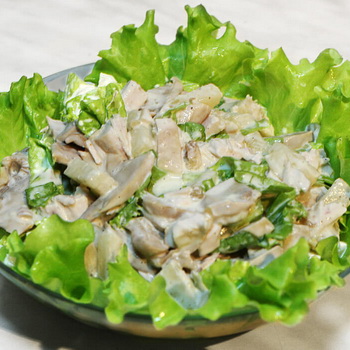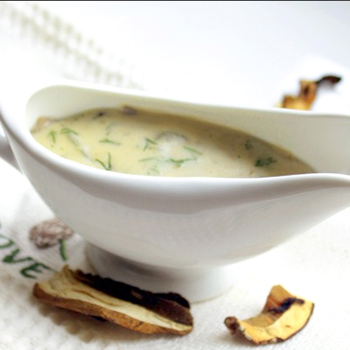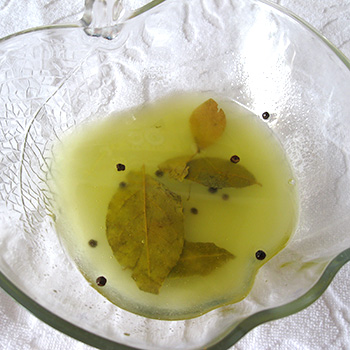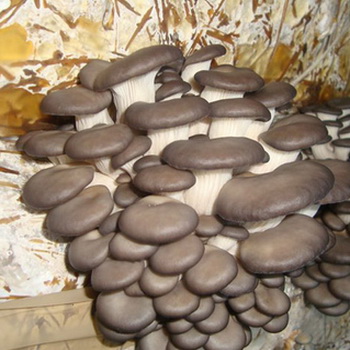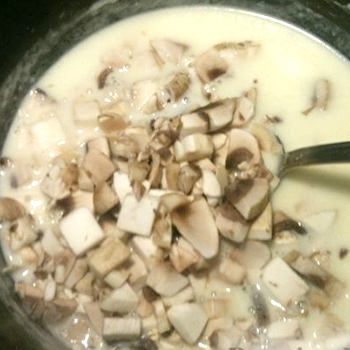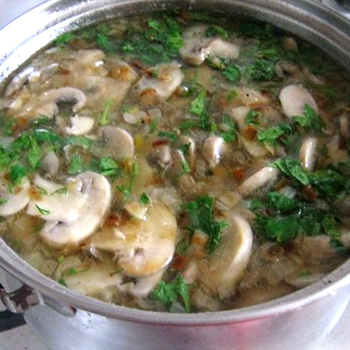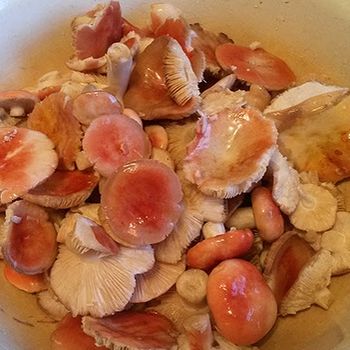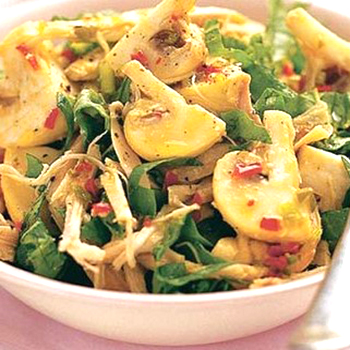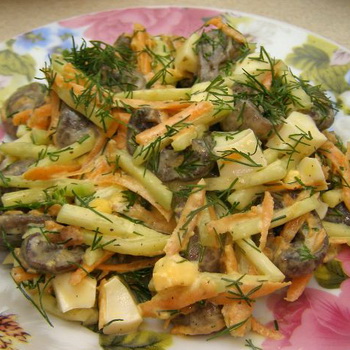Mushroom ryadovka sulfur-yellow: photo and description of false ryadovka, similarities and differences from other mushrooms
 Rows have more than 2500 species, most of which are edible or conditionally edible, and only a small part of them are poisonous. One of these mushrooms is the sulfur-yellow ryadovka, which will be discussed in this article.
Rows have more than 2500 species, most of which are edible or conditionally edible, and only a small part of them are poisonous. One of these mushrooms is the sulfur-yellow ryadovka, which will be discussed in this article.
The opinions of mycologists regarding the sulfur-yellow mushroom are very different. Some consider it poisonous, others simply inedible. In Russia, this mushroom is classified as a poisonous species with low toxicity. Still, it is worth saying that in most reference publications designed to identify and describe fruiting bodies, the sulfur-yellow row is considered inedible. At the same time, other sources indicate that the mushroom is poisonous, although not fatal. The worst that can happen from eating this fruiting body is mild poisoning in the form of intestinal upset, without death.
A sulfuric false row grows in deciduous and coniferous forests, more often on the soil, sometimes on fallen trees and stumps that are covered with moss.
Fruiting of the mushroom begins in mid-August and continues until the first frost.
It is important to remember! Since the description of the poisonous representative of the ordinary family is very similar to the description of the edible greenfinch, they should be collected only by those who can accurately identify an edible specimen from an inedible one. Therefore, if you are not sure which mushroom is in front of you, do not risk cutting it. Being careful in this matter will help you avoid the unpleasant consequences that false rows can cause.
Mushroom ryadovka sulfur-yellow: photo and description

For acquaintance, we suggest looking at a detailed description of the sulfur-yellow row and a photo.




Latin name: Tricholoma sulphureum.
Family: Ordinary.
Synonyms: ryadovka sulfur, false sulfur ryadovka.
 Hat: the diameter varies from 3 to 8 cm, some specimens reach 10 cm. At first, this part of the fruiting body has a convex or hemispherical shape. With age, the cap becomes flat-convex with a depression in the central part. The surface of the cap has a sulfur-yellow color, which over time acquires a brown tint with mild fibers. It is velvety to the touch and slippery in wet weather. This feature is clearly shown in the photo of the sulfur-yellow row, taken after the rain:
Hat: the diameter varies from 3 to 8 cm, some specimens reach 10 cm. At first, this part of the fruiting body has a convex or hemispherical shape. With age, the cap becomes flat-convex with a depression in the central part. The surface of the cap has a sulfur-yellow color, which over time acquires a brown tint with mild fibers. It is velvety to the touch and slippery in wet weather. This feature is clearly shown in the photo of the sulfur-yellow row, taken after the rain:
Leg: the height varies from 3 to 12 cm, and the thickness is from 0.5 to 2 cm. Sometimes it has a thickening in the upper part, or vice versa - thinning. The color of the leg under the cap is bright yellow, downward it becomes sulfur-yellow. At a more mature age, longitudinal monochromatic or dark fibers are visible on the surface. The legs of older specimens are curved and sometimes densely covered with brown scales.
 Pulp: the color can be sulfur-yellow or with a greenish tint. The last color feature leads to the fact that the false sulfur ryadovka is confused with green tea - an edible mushroom. The smell of the pulp is very unpleasant, reminiscent of the smell of acetylene or tar, sometimes hydrogen sulfide or lamp gas. The pulp of ryadovka sulfur-yellow tastes bitter.
Pulp: the color can be sulfur-yellow or with a greenish tint. The last color feature leads to the fact that the false sulfur ryadovka is confused with green tea - an edible mushroom. The smell of the pulp is very unpleasant, reminiscent of the smell of acetylene or tar, sometimes hydrogen sulfide or lamp gas. The pulp of ryadovka sulfur-yellow tastes bitter.
Plates: adherent to the peduncle and notched, with an uneven edge. According to the description of the ryadovka, its sulfur-yellow plates are rather rare, thick and wide. They have a gray-yellow color, with the same colored edge.
Disputes: white, almond-shaped, often irregular.
Application: it is not used in cooking, as it is considered an inedible mushroom.
 Edibility: an inedible or poisonous mushroom of low toxicity that can cause mild stomach poisoning. As already noted, this type of ryadovka has a pungent smell, reminiscent of the smell of hydrogen sulfide, as well as an unpleasant bitter taste.
Edibility: an inedible or poisonous mushroom of low toxicity that can cause mild stomach poisoning. As already noted, this type of ryadovka has a pungent smell, reminiscent of the smell of hydrogen sulfide, as well as an unpleasant bitter taste.
Similarities and differences: often this type of fruiting body is confused with edible rows - isolated, earthy gray, gray and yellow-red. Pay attention to the photo of the sulfur false row to make it easier to distinguish from other species. Sometimes ryadovka can be confused with green tea, but it is much larger in size, with frequent blades and white or yellowish pulp.
 Spreading: usually prefers deciduous, mixed and coniferous forests. Grows in groups or rows, resembling "witch circles", on rich limestone and sandy soils. Often forms mycorrhiza with beech, oak, a little less often - with fir and pine. The sulfur-yellow row can often be found on the roadsides, in park areas and even in summer cottages.
Spreading: usually prefers deciduous, mixed and coniferous forests. Grows in groups or rows, resembling "witch circles", on rich limestone and sandy soils. Often forms mycorrhiza with beech, oak, a little less often - with fir and pine. The sulfur-yellow row can often be found on the roadsides, in park areas and even in summer cottages.
Sulfuric ryadovka is widespread throughout Russia and Europe - from the Mediterranean to the Arctic latitudes.
Fruiting: the sulfur-yellow ryadovka mushroom begins fruiting in August and ends in October.
Signs of poisoning with an inedible sulfur-yellow ryadovka
 It is worth noting that the signs of poisoning when using an inedible row of sulfur-yellow are no different from signs of poisoning with other poisonous species of mushrooms. The first symptoms are detected after about 40 minutes or over the next 2-3 hours. Abdominal pain, weakness, headache begin, then nausea and vomiting may occur. Only with a timely visit to a doctor, all symptoms quickly disappear and a complete recovery can be expected without any complications.
It is worth noting that the signs of poisoning when using an inedible row of sulfur-yellow are no different from signs of poisoning with other poisonous species of mushrooms. The first symptoms are detected after about 40 minutes or over the next 2-3 hours. Abdominal pain, weakness, headache begin, then nausea and vomiting may occur. Only with a timely visit to a doctor, all symptoms quickly disappear and a complete recovery can be expected without any complications.
Now, knowing the exact description and looking at the photo of the gray-yellow ryadovka mushroom, you can safely go to the forest for mushrooms. However, even having the necessary knowledge about this inedible representative, be careful and careful. Then picking mushrooms will not harm your health, and a walk through the forest will leave only pleasant impressions.

